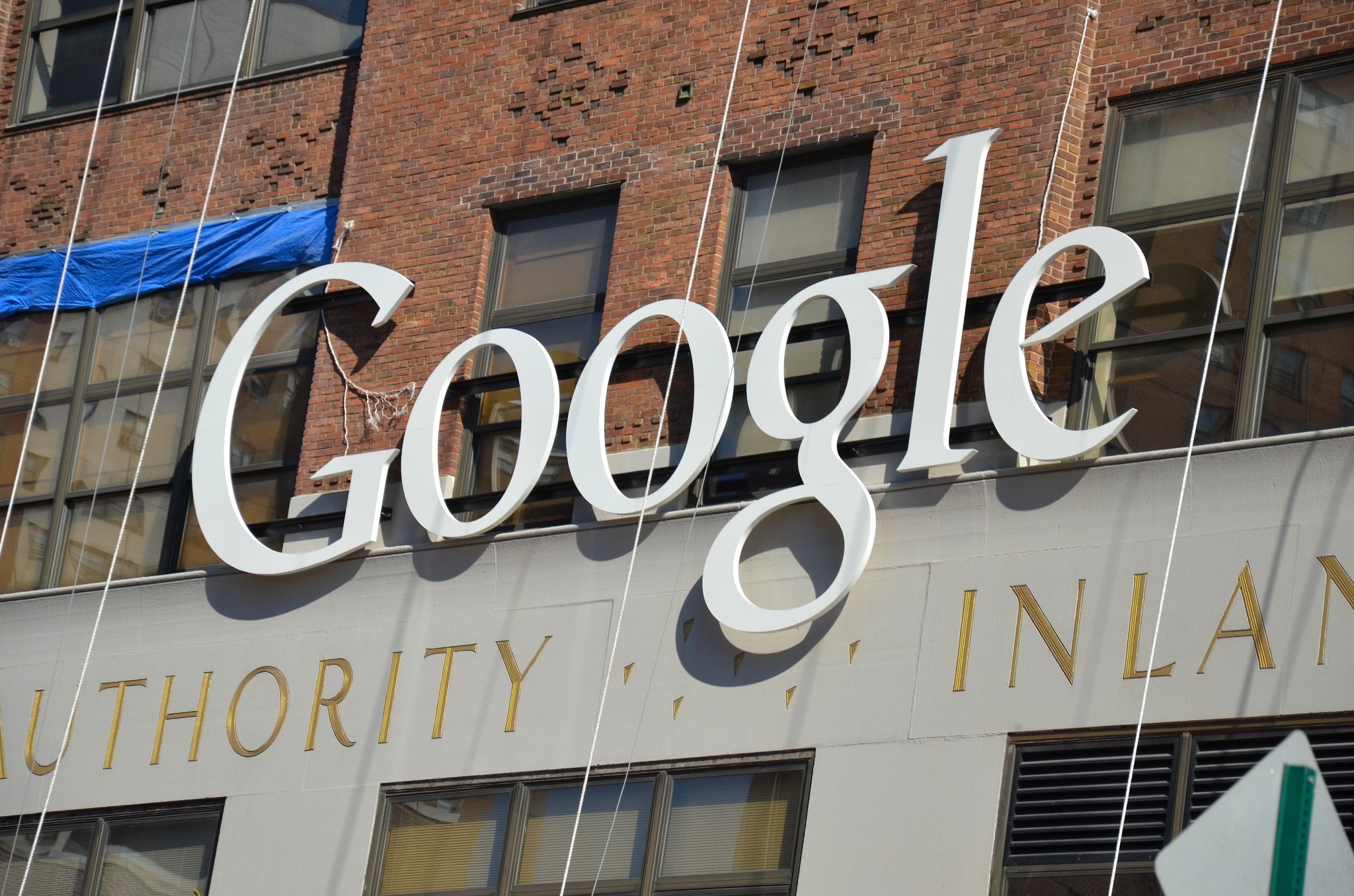Neither raisin bran nor shredded wheat are names that Kellogg’s can trademark. And yet Apple has trademarked “Apple.” Should Google be able to claim “glass?”
Several days ago, the U.S. Patents and Trademarks Office told Google that “Glass” was “merely descriptive” rather than “distinctive” and could confuse consumers. Consequently, it was not convinced that Google should be able to trademark the word. Disagreeing, Google said that its “Glass” is not descriptive because the glass is really titanium and plastic. Furthermore, it already has a trademark for Google Glass so consumers will not be confused.
A trademark for a name is all about having an intellectual property monopoly. The problem though is where to draw the line. And that takes us to a red-soled shoe.
In a 2012 decision, a federal court of appeals decided that except for a monochromatic red shoe, Louboutin and only Louboutin has the right to a red sole. Saying that, “We hold that the lacquered red outsole, as applied to a shoe with an ‘upper’ of a different color, has ‘come to identify and distinguish’ the Louboutin brand and…qualifies for trademark protection.”
If you can call the sole your intellectual property, what about the shoe?
Probably not. Like jackets and pants and shirts, shoes are too utilitarian to be protected by intellectual property laws. We all have the right to copy their design. In fact, for fashion, experts like Johanna Blakley believe a copycat culture is good:
A debate that we can trace back to Alexander Hamilton, James Madison and Thomas Jefferson, the question about innovation and whether and how long we can own what we create has been timeless. While patents, copyrights and trademarks can propel a market economy, sometimes they constrain progress.
Finally, while Google is looking to trademark the name “glass,” Facebook is interested in “book.”
Sources and Resources: For more detail about the current status of the trademark request, the Google response and subsequent action, this Georgia news article was the most clear and accurate I read. Here, 99 percent invisible speaks about trademark issues with professional “namers” and here is Apple’s list of its trademarked names.
Please note that parts of the above discussion were previously expressed in econlife.






